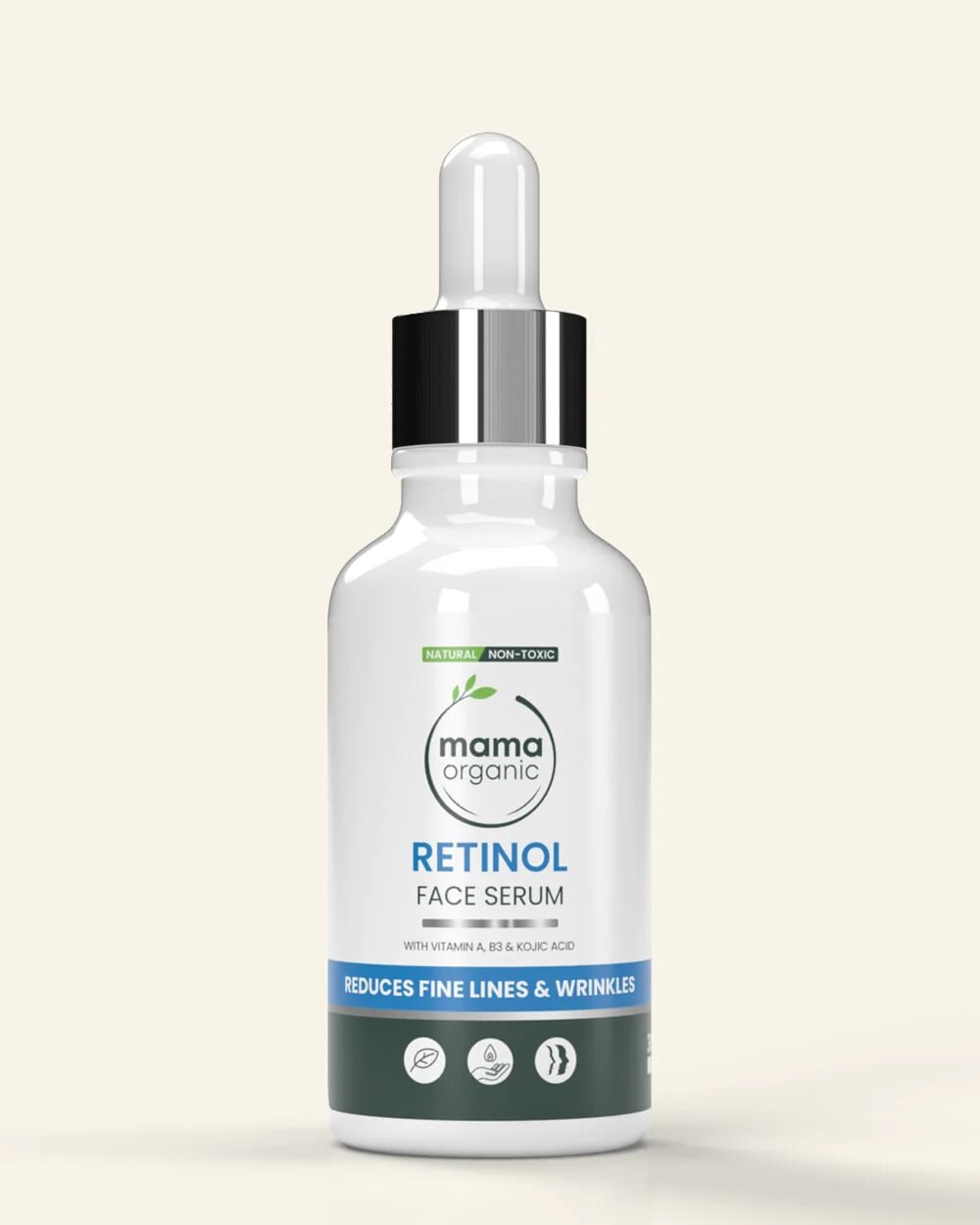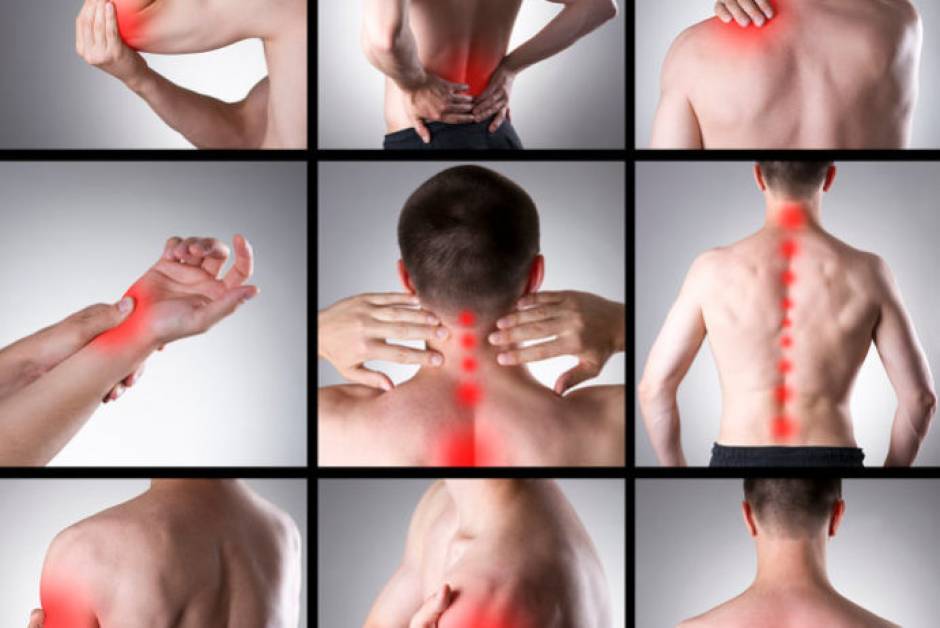Summary:
In dental care, emergencies demand swift attention to prevent further complications. Whether it’s sudden toothaches, a knocked-out tooth from a sports mishap, or unexpected swelling, these situations can disrupt daily life and need immediate care.
Recent statistics show that dental emergencies account for a significant portion of ER visits each year, highlighting their prevalence and urgency.
Common Dental Emergencies range from severe tooth pain caused by infections or fractures to accidents that result in broken or displaced teeth. If not promptly addressed, these incidents cause discomfort and jeopardize oral health.
Understanding the signs and how to respond can prevent long-term damage and ensure effective treatment.
In this article, we’ll delve into the types of dental emergencies you might encounter, their implications, and the best steps to take for quick relief and proper care. The topics include:
- Identifying Dental Emergencies
- Immediate Actions to Take
- Handling Specific Situations
- When to Seek Professional Help
- Prevention and Preparation
So continue reading as we learn more about handling emergencies in the following sections.
Identifying Dental Emergencies
Experiencing a dental emergency can be intense and often needs prompt attention. Here are some clear signs to watch for:
1. Severe Toothache:
When a toothache goes from mild discomfort to throbbing pain, especially if it’s constant or worsens, it could indicate an infection or other serious issue.
2. Broken Tooth:
Whether from a fall, accident or biting down on something hard, a broken tooth can expose nerves and lead to pain. If possible, save any broken pieces.
3. Knocked-Out Tooth:
If a tooth is knocked out, gently reinsert it back into its socket without contacting the root or preserve it in saliva or milk to keep it moist. Time is crucial for re-implantation.
4. Bleeding Gums or Mouth:
Persistent bleeding from the gums or any part of the mouth that doesn’t stop could signal an emergency, especially if accompanied by pain or trauma.
5. Swelling:
Swelling of the gums, face, or jaw, often accompanied by pain, can indicate an infection or abscess that needs urgent attention.If you experience any of these symptoms, it is important to seek immediate care from your dentist in Lubbock texas. They can provide the right treatment to alleviate pain, prevent further damage, and ensure your oral health is back on track.
Immediate Actions to Take Following A Dental Emergency
Emergency 1: Toothache
1. Rinse & Clean: Rinse your mouth with warm water to clean the area around the tooth.
2. Floss: Floss gently around the tooth to clear away any food particles that could be causing irritation
3. Cold Compress: Apply a cold compress to the outside of your cheek if there is swelling.
Emergency 2: Broken Tooth
1. Save Pieces: If possible, save any broken tooth fragments.
2. Rinse: Rinse with warm water to clean your mouth.
3. Cover Sharp Edges: If the break has created sharp edges, cover them with dental wax or sugarless gum to prevent cuts to your tongue or cheek.
4. See Dentist: Schedule an emergency dental visit immediately.
Emergency 3: Knocked-Out Tooth
1. Handle Carefully: Hold the tooth by the crown (top), not the root (bottom).
2. Rinse: If the tooth is dirty, gently rinse it with water, but do not scrub or remove any attached tissue.
3. Reinsert (if possible): Try to place the tooth back into the socket and hold it gently while heading to the dentist.
4. Store Properly: If you can’t reinsert it, store the tooth in milk or saliva to keep it moist.
5. Emergency Visit: Seek dental care immediately; time is critical for successful replantation.
Emergency 4: Objects Stuck Between Teeth
1. Try Flossing: Use dental floss gently to remove the object.
2. Avoid Sharp Objects: Never use sharp or pointed objects that could damage your gums or teeth.
3. Rinse: Rinse your mouth with warm saltwater to help dislodge the object.
4. Dentist Visit: If you can’t remove it, see your dentist promptly to prevent further irritation or damage.
Handling Specific Situations During Oral Emergency
What to Do If a Tooth Is Knocked Out?
When a tooth is knocked out, care must be taken immediately. To preserve the tooth’s fragile fibers, handle it first by the crown or the chewing surface, and do not touch the root. If it’s unclean, gently rinse it with saline or milk solution, being careful not to remove any tissue pieces.
Reposition the tooth gently in its socket and use a clean cloth to chew on it while it is there softly. If the tooth cannot be reinserted, moisten it with milk or saliva instead of water. Seek immediate dental or emergency care within 30 minutes to maximize the chance of saving the tooth.
How to Handle a Cracked or Broken Tooth?
If you crack or break a tooth, rinse your mouth with warm water to clean the area. If necessary, use a cold compress outside the mouth to reduce swelling.
Avoid chewing on that side of your mouth, and see your emergency dentist in Lubbock, TX as soon as possible. Cover the tooth with sharp edges with dental wax or sugarless gum to protect your tongue and cheeks from cuts.
Dealing with Severe Toothache
If your teeth hurt, rinse your mouth with warm water and carefully floss the area surrounding the tooth to remove any food particles that may have become lodged. If there is any swelling, apply a cold compress to the area outside the mouth.
As directed, take over-the-counter pain relievers such as ibuprofen; however, keep aspirin away from your teeth and gums since it might burn the tissue. Make an appointment as soon as possible with your dentist to determine the reason and the best course of action.
Managing Objects Stuck Between Teeth
When something gets stuck between your teeth, gently remove it gently with dental floss. Never use sharp or pointed objects, as they can damage your gums or teeth.
If flossing is ineffective, rinse your mouth with warm water to remove the item. If the problem persists, speak with your dentist. Toothpicks and other sharp objects should not be used since they might exacerbate the condition.
When to Seek Professional Help?
It’s crucial to know when to seek emergency dental care. Signs like severe tooth pain, knocked-out teeth, or sudden swelling indicate you need immediate professional attention.
Prevention and Preparation
Preventing dental emergencies starts with regular check-ups. These visits catch issues early and keep teeth healthy. Also, create a dental emergency kit with essentials like gauze, pain relievers, and your dentist’s contact information. Being prepared can make a big difference in handling unexpected dental issues smoothly.
Takeaway
- Promptly addressing dental emergencies like severe toothaches or knocked-out teeth can prevent further damage and improve treatment outcomes.
- Recognizing signs such as persistent swelling or bleeding gums signals the need for urgent professional dental care.
- When something gets stuck between your teeth, gently remove it with dental floss.
- Regular dental check-ups and having an emergency kit ready with essentials can mitigate the impact of unexpected dental issues.
- Don’t wait for dental emergencies to happen! Visit our experts at Lubbock Dental Care today.




